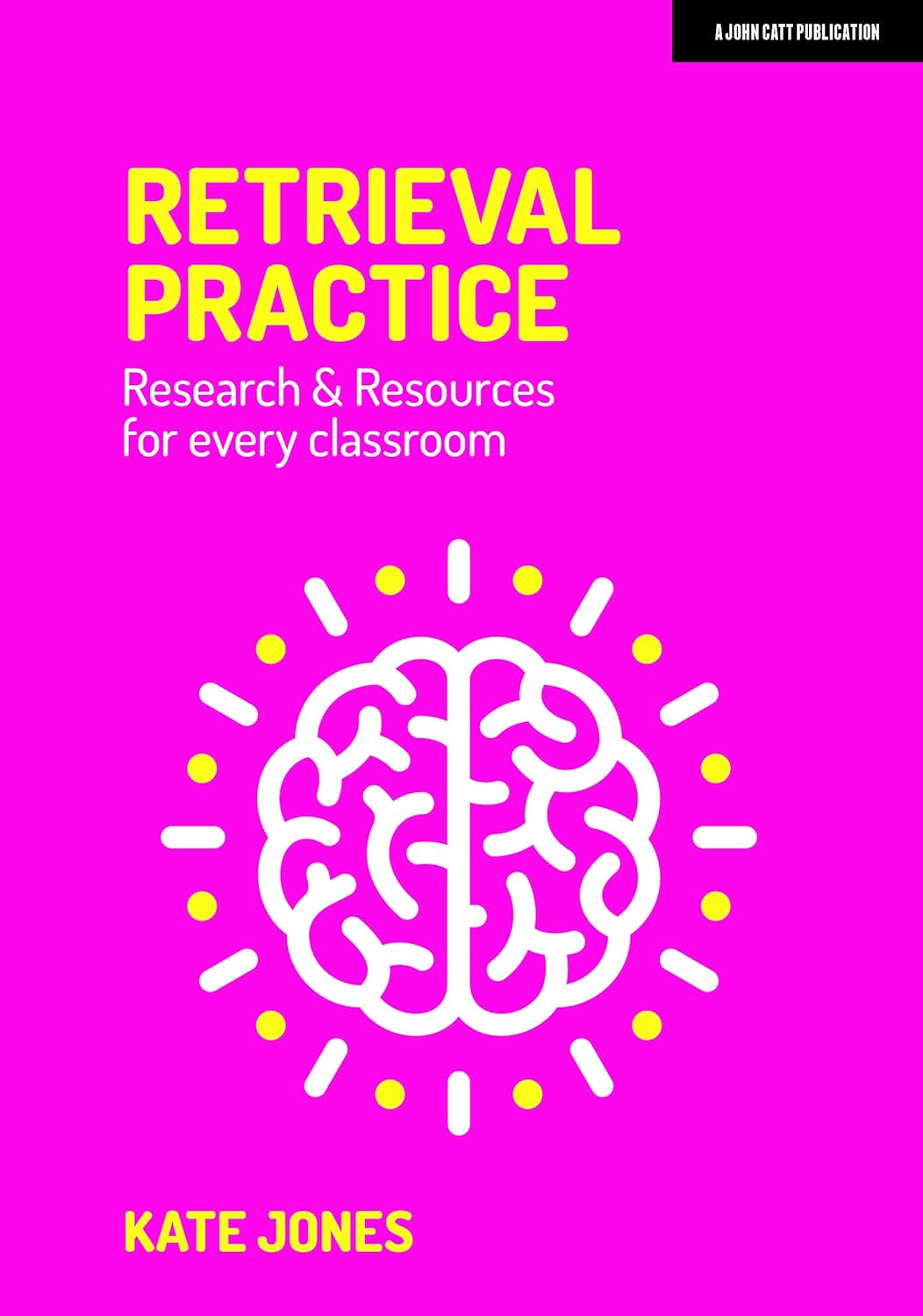
Retrieval Practice: Research & Resources for every classroom: Resources and research for every classroom
FREE Shipping
Retrieval Practice: Research & Resources for every classroom: Resources and research for every classroom
- Brand: Unbranded

Description
You can probably understand this article very easily, but if you sat a test on it next week would you remember all, or even most, of its details? Probably not.
Flash cards are a very useful revision activity for many reasons. They work across all subjects, they can be used with the recall of facts, dates, quotes, definitions and more. They are a very simple technique for learners to use – low effort but high impact. As well as being an effective learning strategy flash cards are also popular with students. In a research survey carried out in 2018 more than 50% of college students reported that they do use flash cards to study.So, while quizzing may not be the flashiest or most fashionable classroom activity, there is an abundance of science outlining the learning rewards. Mistakes to avoid Later this week my second book will be published with John Catt Education, Retrieval Practice: Research and Resources for every classroom . I am really excited for teachers to read it and I hope they find it very informative and useful. Through conversations with educators, both online and offline, it has been interesting to find out different perspectives and opinions when it comes to retrieval practice. Generally, the attitude is very positive (although I’m aware that the fact I’ve authored a book about retrieval practice may influence the conversations I have with other teachers!). First, always begin a lesson with retrieval practice – a short quiz, including five, multiple-choice questions of previously learnt material.
New information which is not linked to anything else stored in your long-term memory will have a low retrieval strength, as well as a low storage strength.While this takes place, I’ll whizz around the classroom and make a note of any common misconceptions. The whole episode takes around five minutes. Kate Jones has written a practical book called Love To Teach: Research and Resources for Every Classroom, published by John Catt. Over the course of the six weeks, continue to cover the same five to eight concepts, theories or terms in your questions, but pose the questions in different ways. The problem we now have is some schools (not my school and certainly not all schools) are adopting a different and perhaps extreme type of culture that has an inflexible approach to classroom planning and taking the autonomy away from teachers. This can be seen here in this tweet below: A knowledge/fact test can work well at clearly identifying areas of strength and areas of weakness or development for students. This knowledge, for both the teacher and student, about what students can and can’t recall is very powerful and useful. However, knowledge or fact tests repeated continuously can become boring, mundane and that then supports the idea that retrieval practice is simply about regurgitating isolated facts when that is also another myth – not true.
- Fruugo ID: 258392218-563234582
- EAN: 764486781913
-
Sold by: Fruugo
